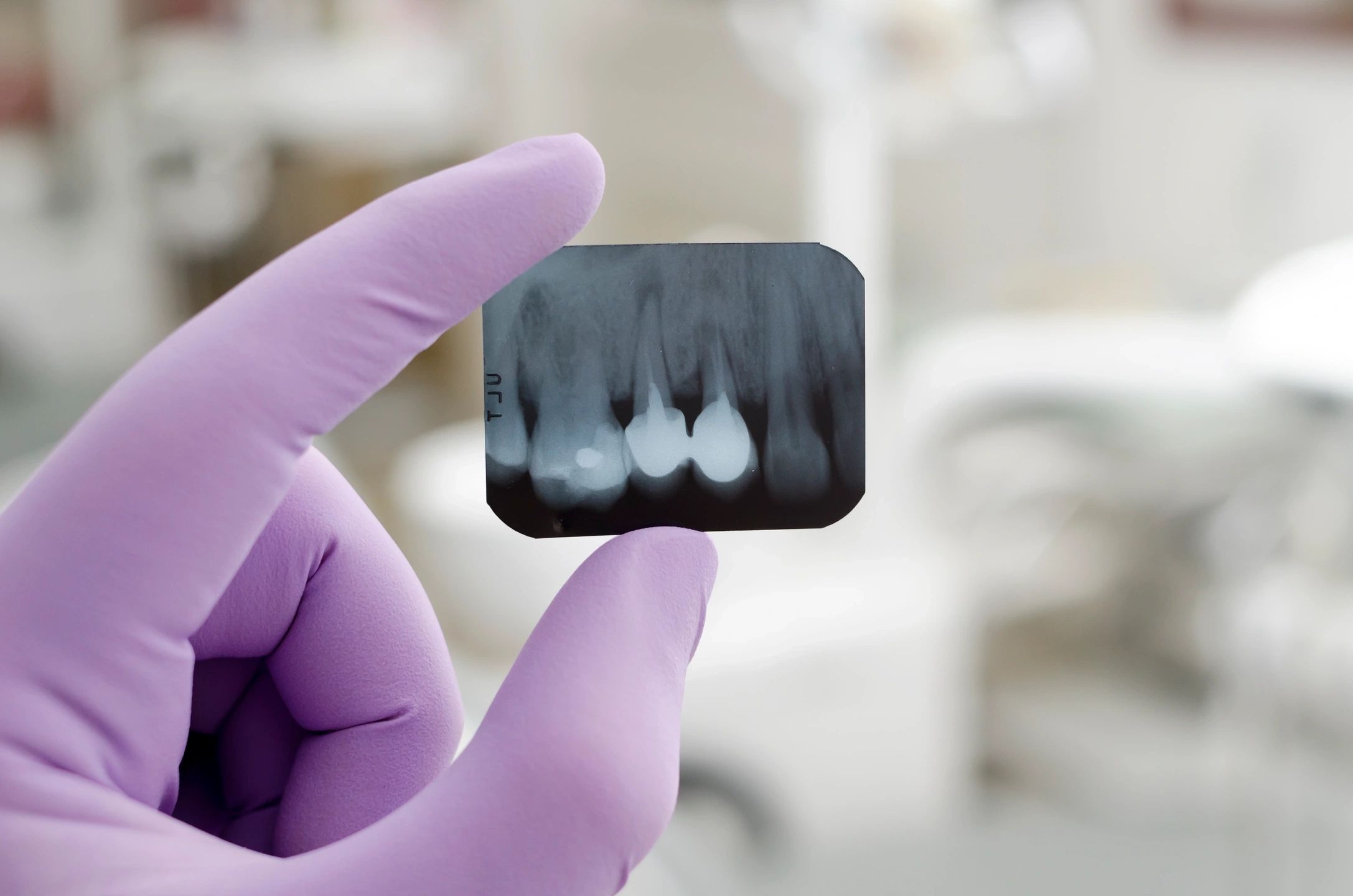The Habit of Chewing on Straws
There are many reasons why someone might develop this habit. For some, it’s a way to relieve stress or nerves during anxious moments or simply pass the time out of boredom. Others may enjoy straw chewing as a form of sensory stimulation, satisfying an oral fixation similar to nail-biting, chewing gum, or smoking.
Oral fixation habits often develop during childhood and can persist into adulthood as a way to manage stress or anxiety. Understanding the psychological roots of this behavior can help address and overcome the habit effectively.
Remember, our Northern Colorado office is here to help!
Dental Damage from Chewing on a Straw
If you are dealing with any of these issues, call our Fort Collins office today to schedule an appointment. No matter the causes, we are here to help you keep that healthy smile intact.
Enamel Wear and Tear
Enamel is the hard, outer layer of our teeth that protects them from decay and damage, but it is not indestructible. Chewing on a straw, especially hard plastic ones, can cause significant wear and tear on the enamel. Over time, this can lead to enamel erosion, making teeth more susceptible to cavities and sensitivity.
Risk of Fractures and Chips
Straws, particularly those made of hard plastic or metal, can create stress points on teeth when chewed. This increases the risk of fractures and chips. Dental trauma resulting from straw chewing is not uncommon, and repairing chipped or fractured teeth can be costly and time-consuming.
Gum Irritation and Injuries
The edges of straws can be rough and sharp, leading to gum irritation and injuries like small cuts and abrasions. These cuts can become painful and lead to infections if not properly cared for. Long-term gum health can be compromised by this habit, contributing to more severe periodontal issues.
Misalignment and Jaw Problems
Repeated straw chewing can exert uneven pressure on the teeth and jaw. This can contribute to bite misalignment and the development of temporomandibular joint (TMJ) disorders. TMJ disorders can cause pain and discomfort in the jaw, headaches, and difficulties in chewing and speaking.
Bacterial Buildup
Straws can harbor bacteria, especially if they are reused or not cleaned properly, and chewing them increases the risk of introducing these bacteria into the mouth, potentially leading to oral infections and bad breath. Maintaining oral hygiene becomes more challenging with the introduction of these external bacteria.
Preventative Measures and Alternatives
It can be challenging to stop the chewing, especially if it’s an oral fixation, but it is essential for your dental health.
Breaking the Habit
Start by identifying triggers that lead to straw chewing and finding alternative ways to cope with them.
Keeping straws out of reach and replacing them with healthier alternatives can also help. For instance, using chewable jewelry or stress balls can provide similar sensory satisfaction without harming your teeth.
Positive Oral Habits
Adopting positive oral habits is crucial in preventing dental issues related to straw chewing. This includes regular brushing and flossing, using fluoride toothpaste, and visiting the dentist for routine check-ups.
Being mindful of what goes into your mouth and avoiding harmful habits can go a long way in preserving your dental health!
Give us a call at our Northern Colorado office with any questions or concerns, or to schedule an appointment today. We are ready and waiting to help you with all your dental health needs.
Chewing on Straw Frequently Asked Questions
Are straws bad for your teeth?
Using straws for drinking is perfectly safe, but chewing on your straw can contribute to a whole host of tooth issues including chips, fractures, enamel erosion, and misaligned teeth.
The pressure exerted by biting on a straw can cause teeth to shift over time, particularly if the habit is frequent and persistent. This can lead to alignment issues that may require orthodontic treatment to correct.
Plus, not only are straws bad for your teeth when chewed, but they also have the potential to injure gums and lead to bacterial infections in the mouth.
Is chewing on a straw worse than chewing gum?
Straw chewing can be more damaging than chewing gum because straws are typically harder and less forgiving on the teeth.
While chewing gum can still pose some risks, such as jaw strain or dental wear if chewed excessively, it generally does not cause the same level of enamel erosion or risk of fractures that straws do.
Additionally, sugar-free gum can even help stimulate saliva production, which is beneficial for oral health.
Are any straws safe for chewing?
While some products made from silicone or other soft materials may market themselves as “chewable,” it is generally best to avoid chewing on any straw altogether. Even softer materials can still cause wear on the teeth and may harbor bacteria.
It is more beneficial to seek alternatives specifically designed for safe chewing, such as dental-approved chew toys or devices.
Summing Things Up
Chewing on straws is a habit that can lead to a variety of dental issues, including enamel erosion, fractures, gum injuries, misalignment, and bacterial buildup. Understanding these risks is the first step toward making healthier choices for your oral health.
By breaking the habit and adopting positive oral practices, you can protect your teeth and gums from unnecessary damage. Remember, your smile is worth preserving, so be mindful of your habits and take proactive steps to maintain your dental health.
If you have concerns about your oral habits, don’t hesitate to consult your Fort Collins dentist for personalized advice and support. We look forward to your call!
